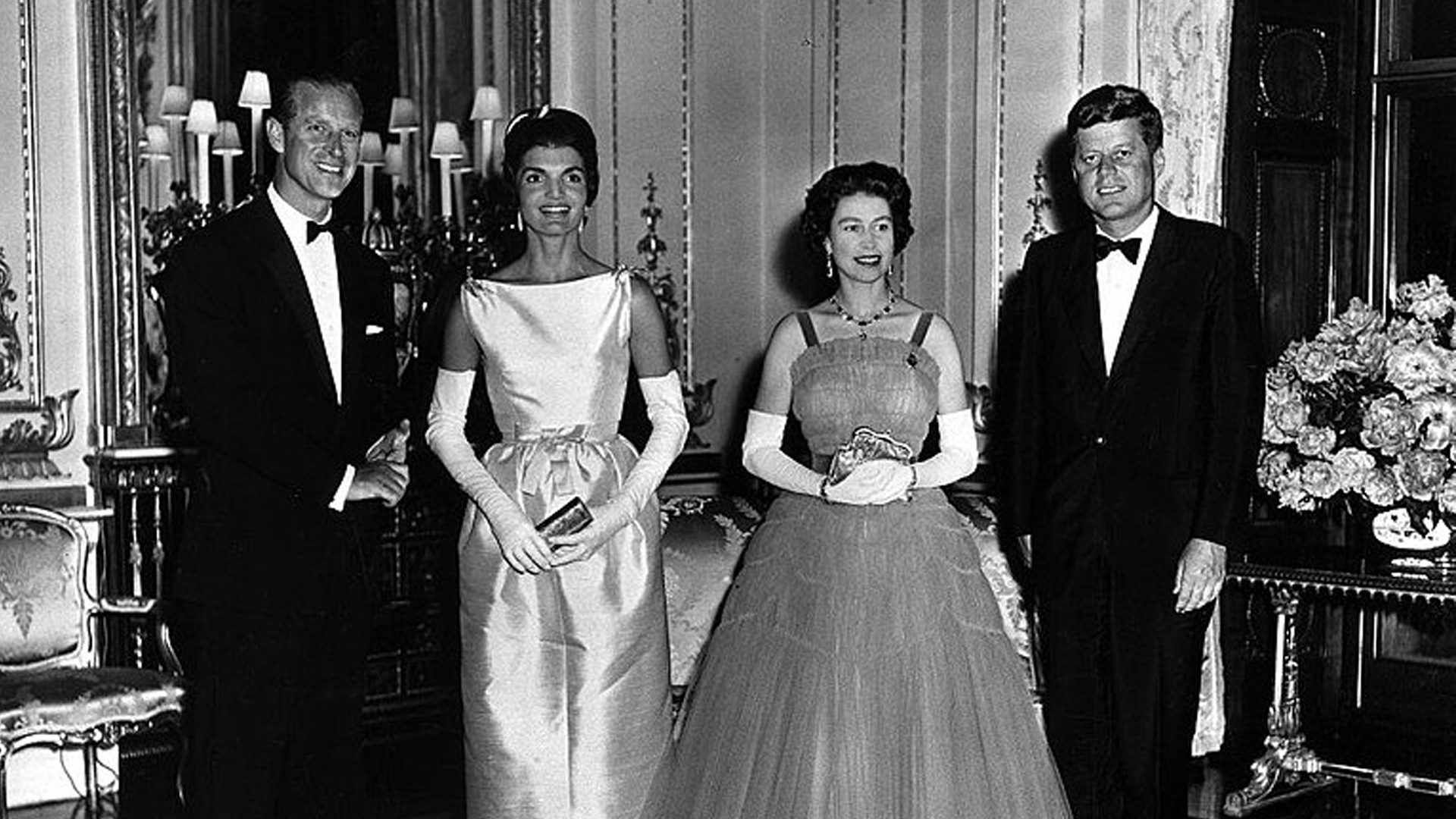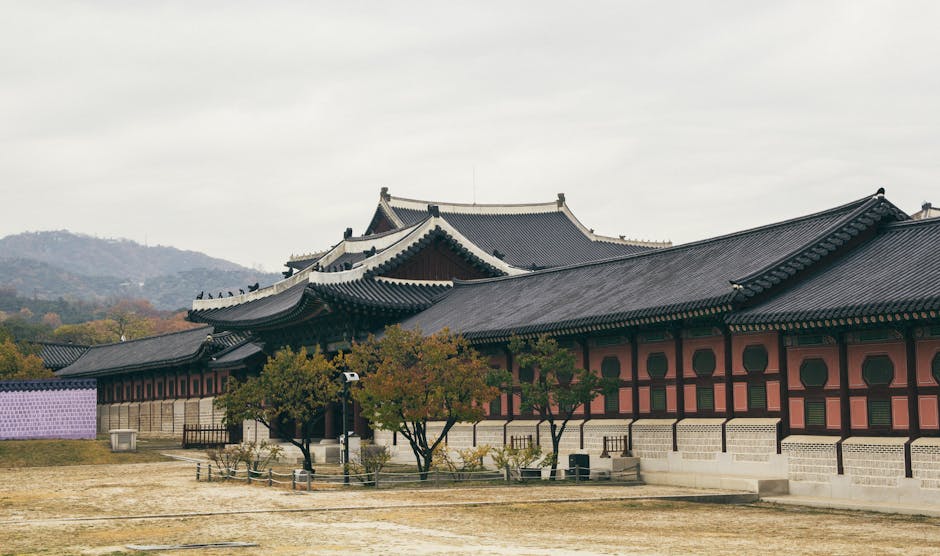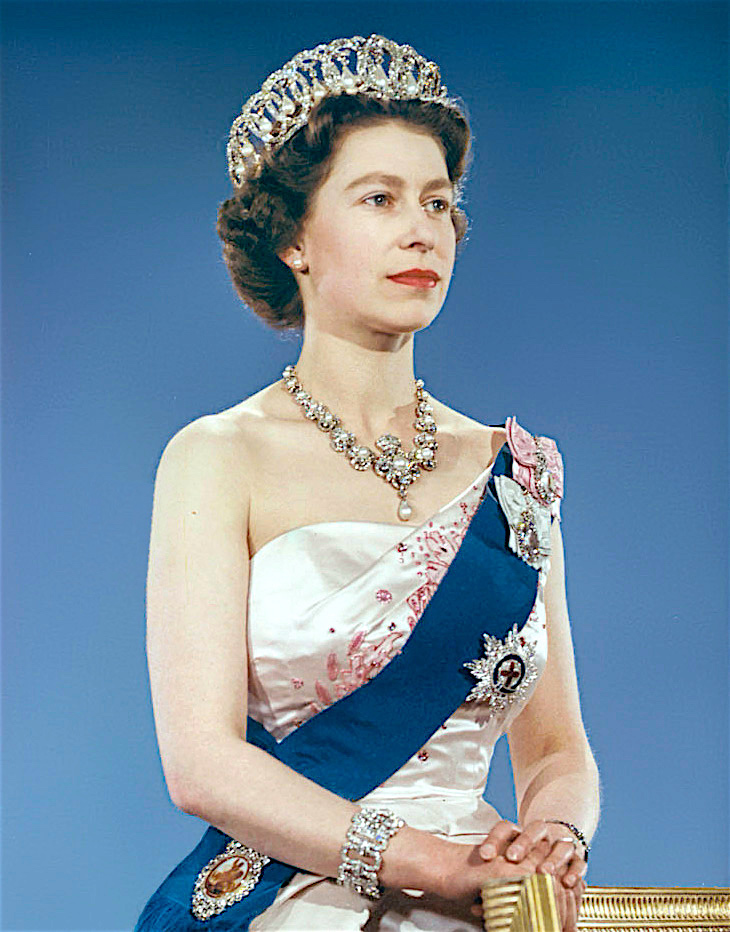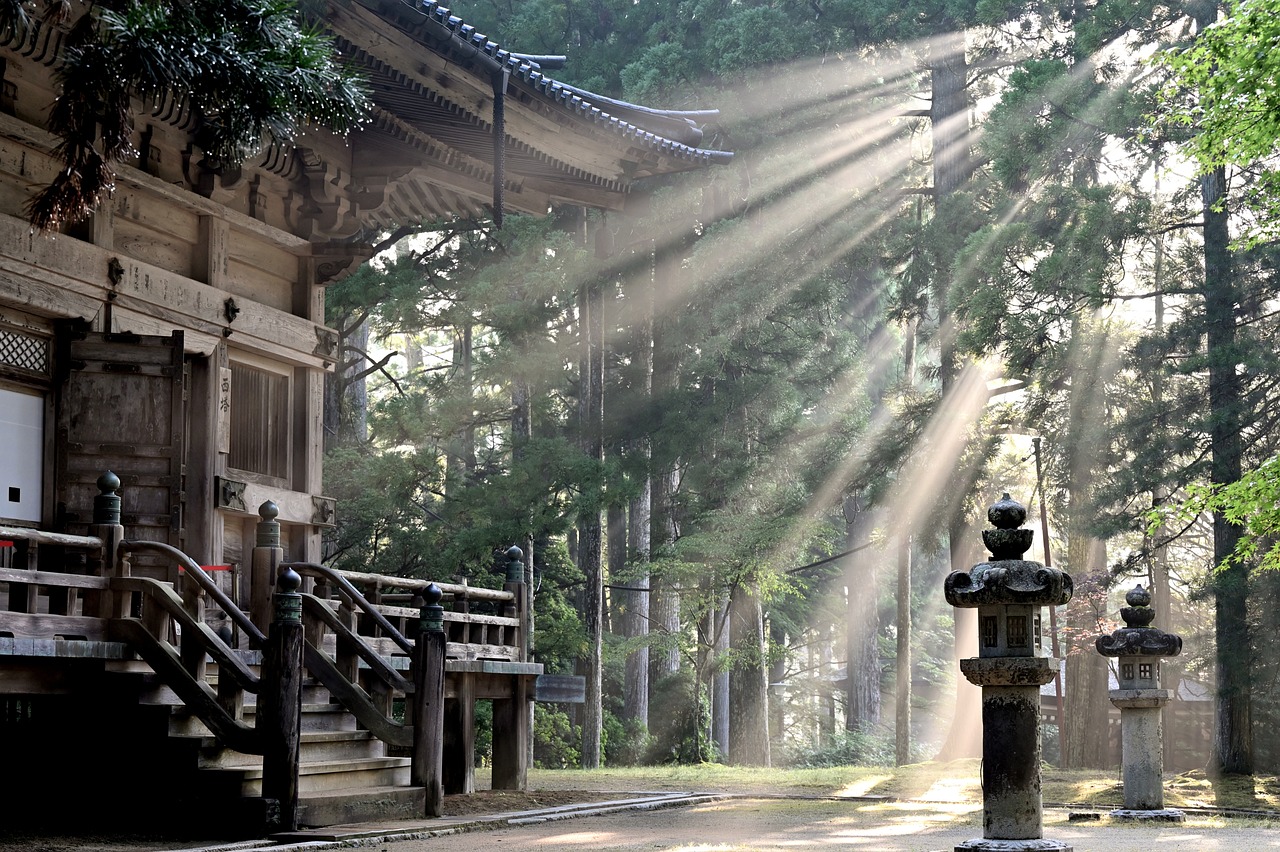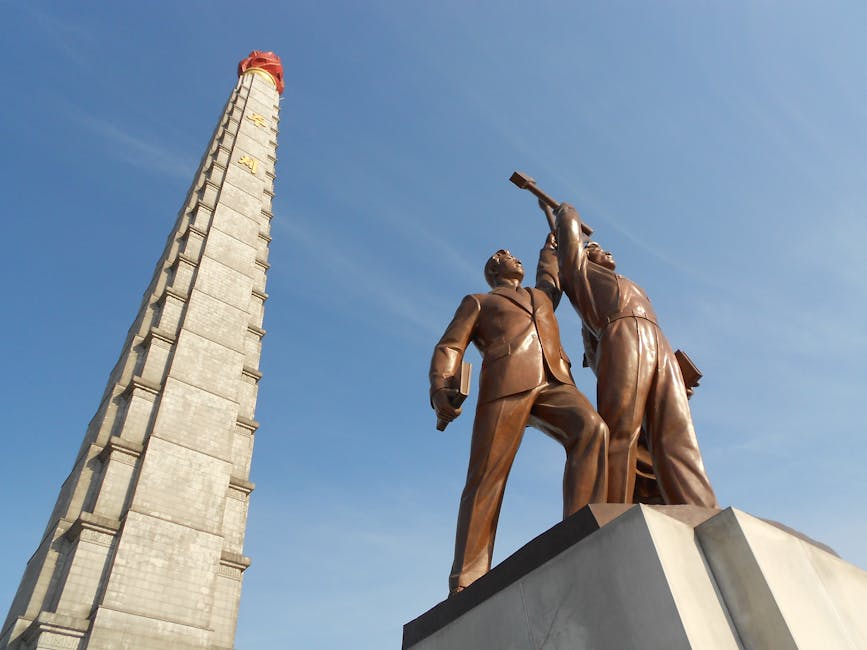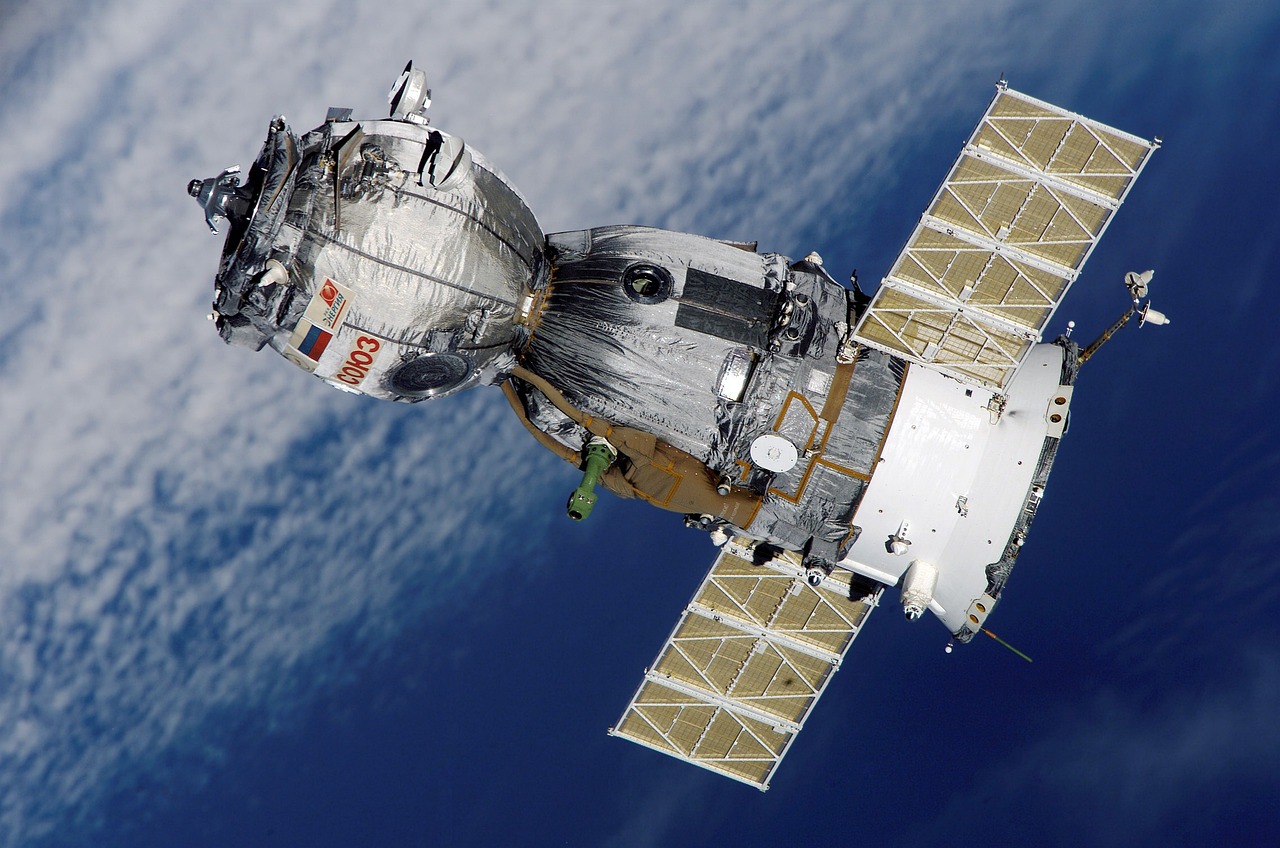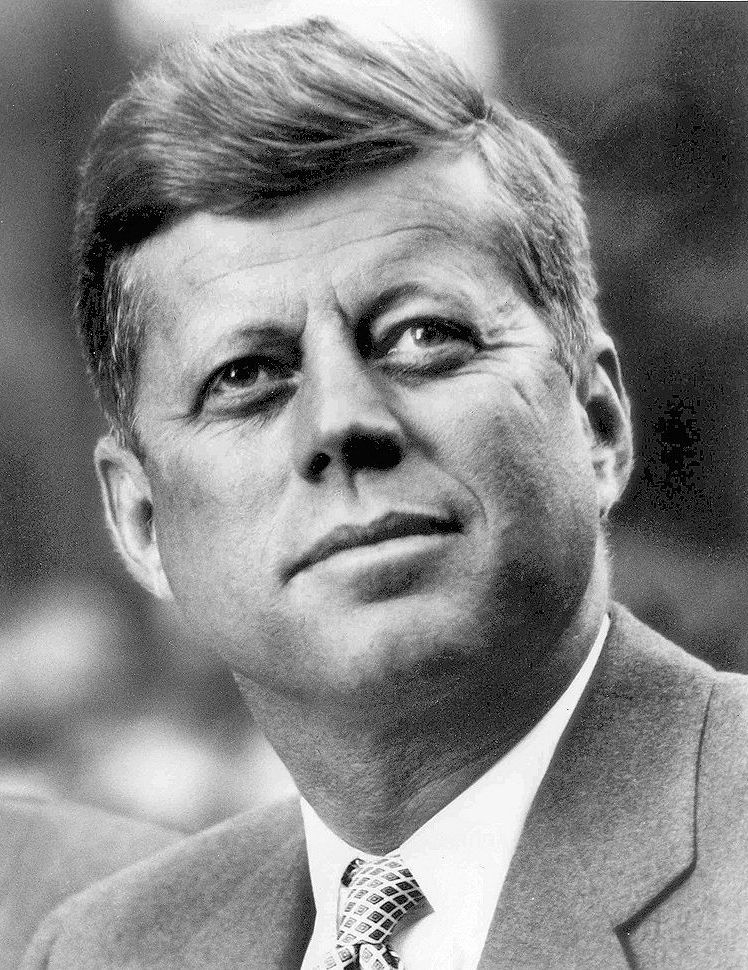Important Moments From The 50s
Every decade in history holds many significant moments that have shaped and defined our world. Today, we're going to specifically take a closer look at the 50s, exploring some of the biggest events to take place during this time. Buckle up and get ready to learn!
1. The Korean War Begins
On June 25, 1950, North Koreans invaded and attacked South Korea after many years of unreleased building tension. They wanted to completely dominate the Republic, turning this split country into one unified communist regime. While North Korea was backed by China and the Soviet Union, the United Nations was quick to support the South, bringing in the United States as its biggest ally.
2. The First Credit Card
Invented by a man named Frank McNamara, the Diners Club card used in 1950 was the first instance of a credit card. After forgetting to bring cash with him to a business dinner, his embarrassment quickly turned to determination as he tried to create a cashless way to pay for goods.
3. The 22nd Amendment Is Passed
Fully approved and completed on February 27, 1951, the 22nd Amendment to the United States Constitution basically dictated that no president can serve for more than two terms. It's said that this was done in response to Franklin D. Roosevelt (the 32nd President of the United States) who served for a whopping four terms. He is known as the longest-serving president in American history.
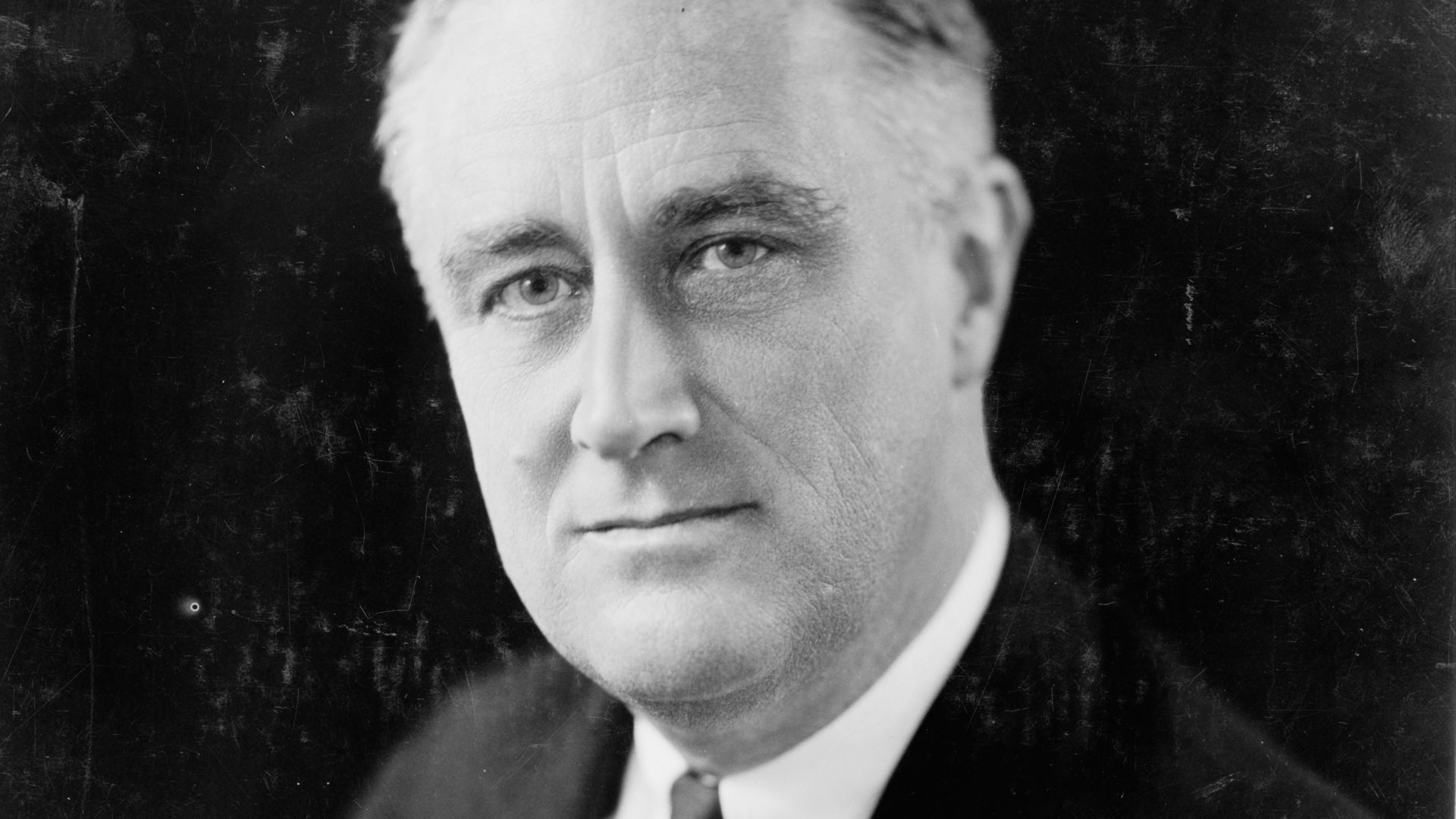 Library of Congress on Unsplash
Library of Congress on Unsplash
4. The UNIVAC I Is Revealed
Short for Universal Automatic Computer, the UNIVAC I was the first commercially produced electronic computer. It was accepted by the United States Census Bureau on March 31, 1951, paving the path for all the future advancements we're seeing today. It's thanks to its main creators, J. Presper Eckert and John Mauchly that computers are what they are now.
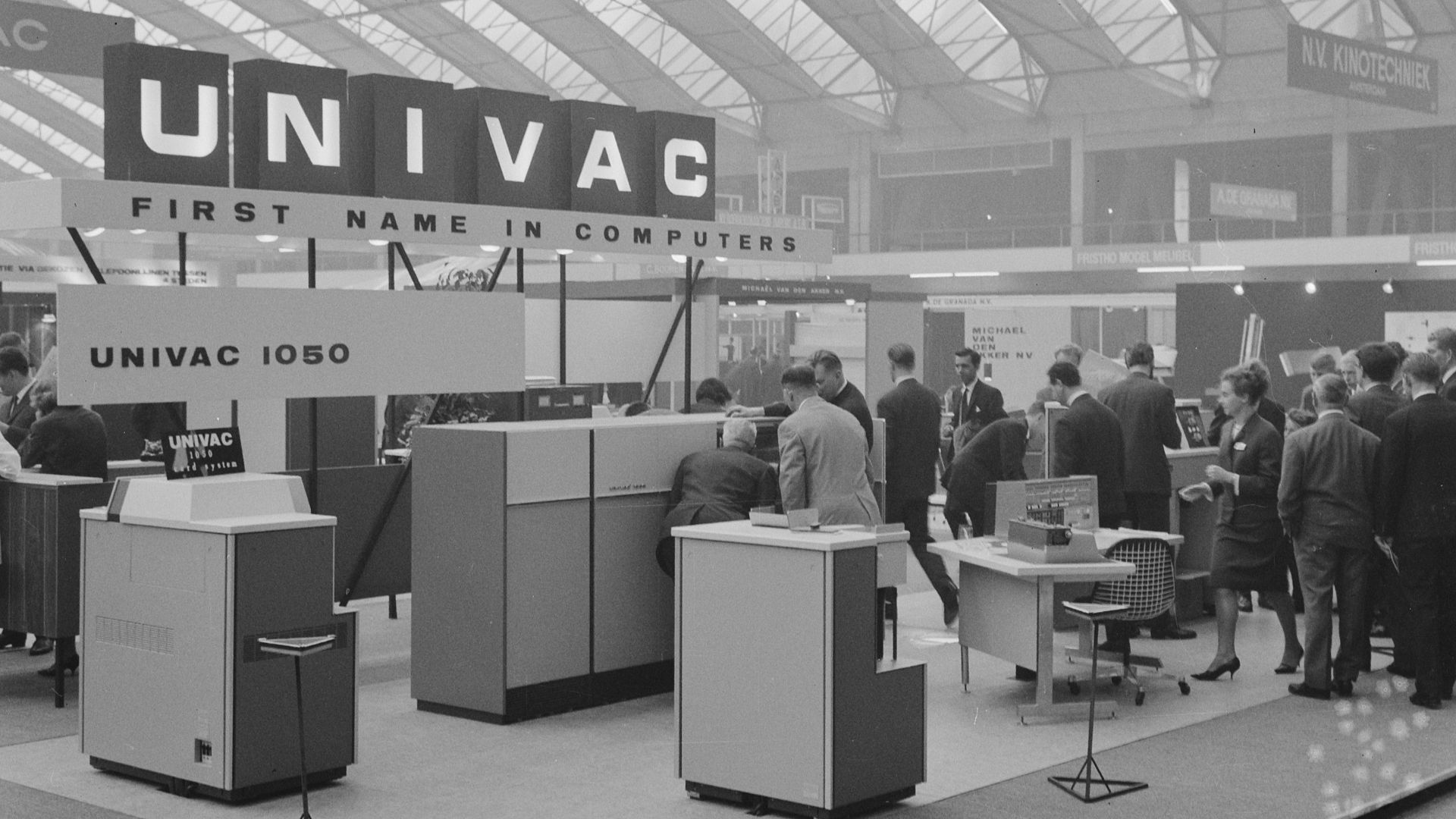 Jack de Nijs for Anefo on Wikimedia
Jack de Nijs for Anefo on Wikimedia
5. Dwight D. Eisenhower Is Elected
The 34th president of the United States, Dwight D. Eisenhower, won the election on November 4, 1952. His dominant victory was particularly special because he became the first Republican president brought into power in 20 years.
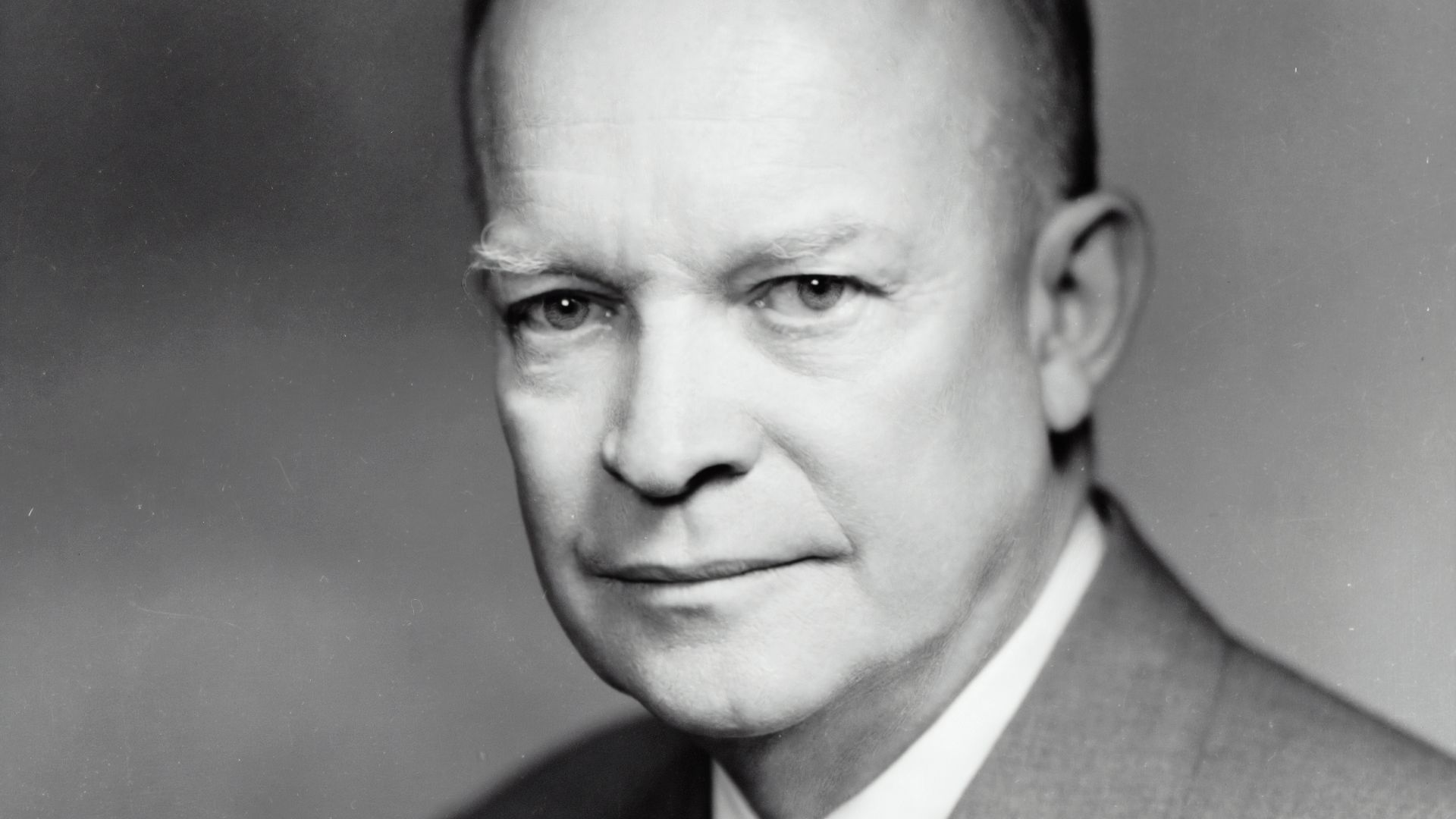 Library of Congress on Unsplash
Library of Congress on Unsplash
6. Queen Elizabeth II Takes The Throne
Following the death of her father, King George VI, which occurred on February 6, 1952, 25 year old Elizabeth was no longer a princess - she was now Queen. And what no one could predict then was how long she would remain on the throne. Serving nearly 71 years, she now holds the record of being the longest British-serving Monarch in history.
7. Japan Regains Independence
After World War II, Japan was occupied by the United States which was led by General Douglas A. MacArthur. Although this was still a scary time, MacArthur's goal was spreading military, social, and political reform for this country that had been completely shaken up from the war. But in 1952, this military occupation finally ended and Japan regained its independence.
8. The Korean War Ends
After three years of this completely brutal and devastating war, it finally ended on July 27, 1953 when the Korean Armistice Agreement was signed by both parties. With the country deciding to remain divided, it's incredibly tragic hearing that this war resulted in millions of innocent people losing their lives. Many say that the conflict is still present and ongoing though, with the armistice only bringing an end to the casualties, not the problem.
9. The First Televised Royal Coronation
The 1953 Coronation that officially put Queen Elizabeth II onto the throne was an especially important one. That's because it served as being the first televised coronation in history, something that might not seem amazing in today's time, but was truly ground-breaking back in the day.
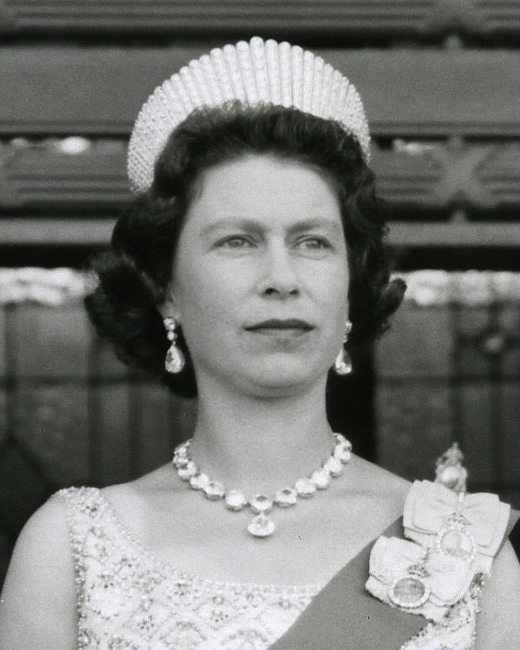 Archives New Zealand on Wikimedia
Archives New Zealand on Wikimedia
10. Understanding The Dangers of Smoking
While everyone in modern day society is aware of the dangers of smoking, this wasn't always widespread knowledge. If you watch old-timey movies or shows, you'll always see actors smoking, depicting a society where this was considered acceptable and even classy. This all changed as more and more studies (primarily in the '40s and '50s) started exposing the true implications of cigarette smoking - and how it was linked to lung cancer.
11. First People To Climb Mount Everest
Once considered an impossible feat, Ed Hillary and Tenzing Norgay broke all expectations and became the first people to reach the summit of Mount Everest on May 29, 1953. Facing the most challenging of odds head on, they were able to claim victory as they stood on the highest point on Earth.
12. The Domino Theory Is Created
Coined by Eisenhower on April 7, 1954, he first voiced his thoughts on the Domino Theory which would continue to be used by future presidents. This theory simply states that if one powerful country falls to communism, other neighbouring countries nearby will likely follow in their footsteps. Just like a domino takes down everything in its path.
13. First Trials Of Oral Contraceptives For Women
In 1953 and 1954, George Pincus and Dr. John Rock began the first human trials for oral contraceptives (better known as "the pill" today) for women. They were making an incredible statement considering they held the trials in Massachussetts, which was a state that held very strict and firm anti-birth control laws.
14. Color On TV
On a memorable day in August 1944, John Logie Baird introduced the world to the first demonstration of a colored TV display. Although this was truly a remarkable change in how we view content, it wasn't until many years after, around 1970, that these colored displays outsold the traditional black and white.
15. Montgomery Bus Boycott
Rosa Parks is a name you've definitely heard of. What she did for the Civil Rights Movement simply can't be overlooked or forgotten. Known for her unbelievable courage in the Montgomery Bus Boycott where she refused to give her seat to a white individual, her ability to resist and stand up for her rights inspired many people across the country.
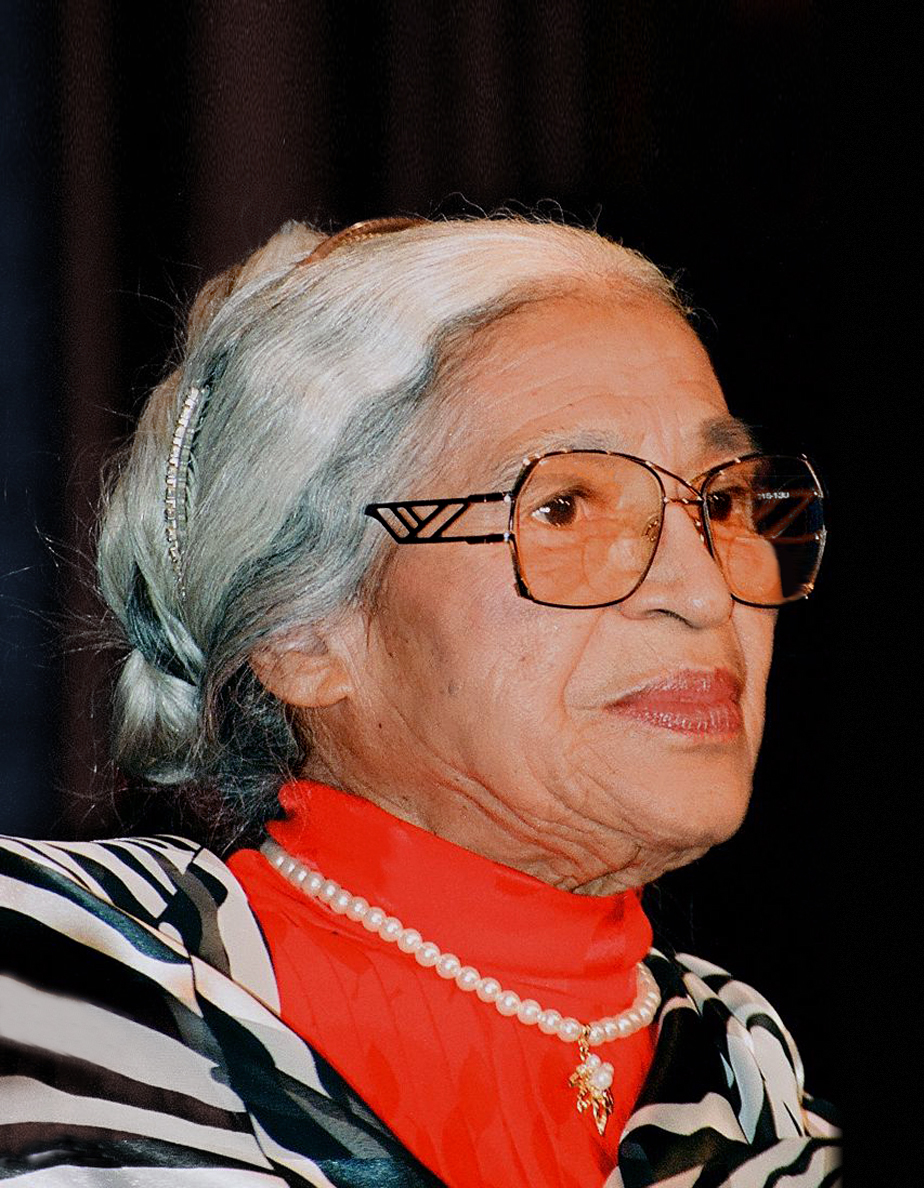 John Mathew Smith & www.celebrity-photos.com from Laurel Maryland, USA on Wikimedia
John Mathew Smith & www.celebrity-photos.com from Laurel Maryland, USA on Wikimedia
16. The First Pocket-Sized Radio
In 1954, the Regency TR-1 became the first commercially produced, pocket-sized radio. In a time where radios had always been massive, these nifty items gained attention for its novel size and how easy it was to bring with you anywhere. Although it supposedly didn't perform great on the market, it did pave the way for many other handheld devices in the future.
17. Elvis Presley Releases His First Hit
Known as the King of Rock n Roll, Elvis Presley recorded his first ever single, "That's All Right" on July 5, 1954. His powerful influence on music as a whole can't be ignored. The moment he sang this first song, the history of music changed forever. And in 1956 when "Heartbreak Hotel", one of his biggest hits, was released, he just skyrocketed into even more popularity.
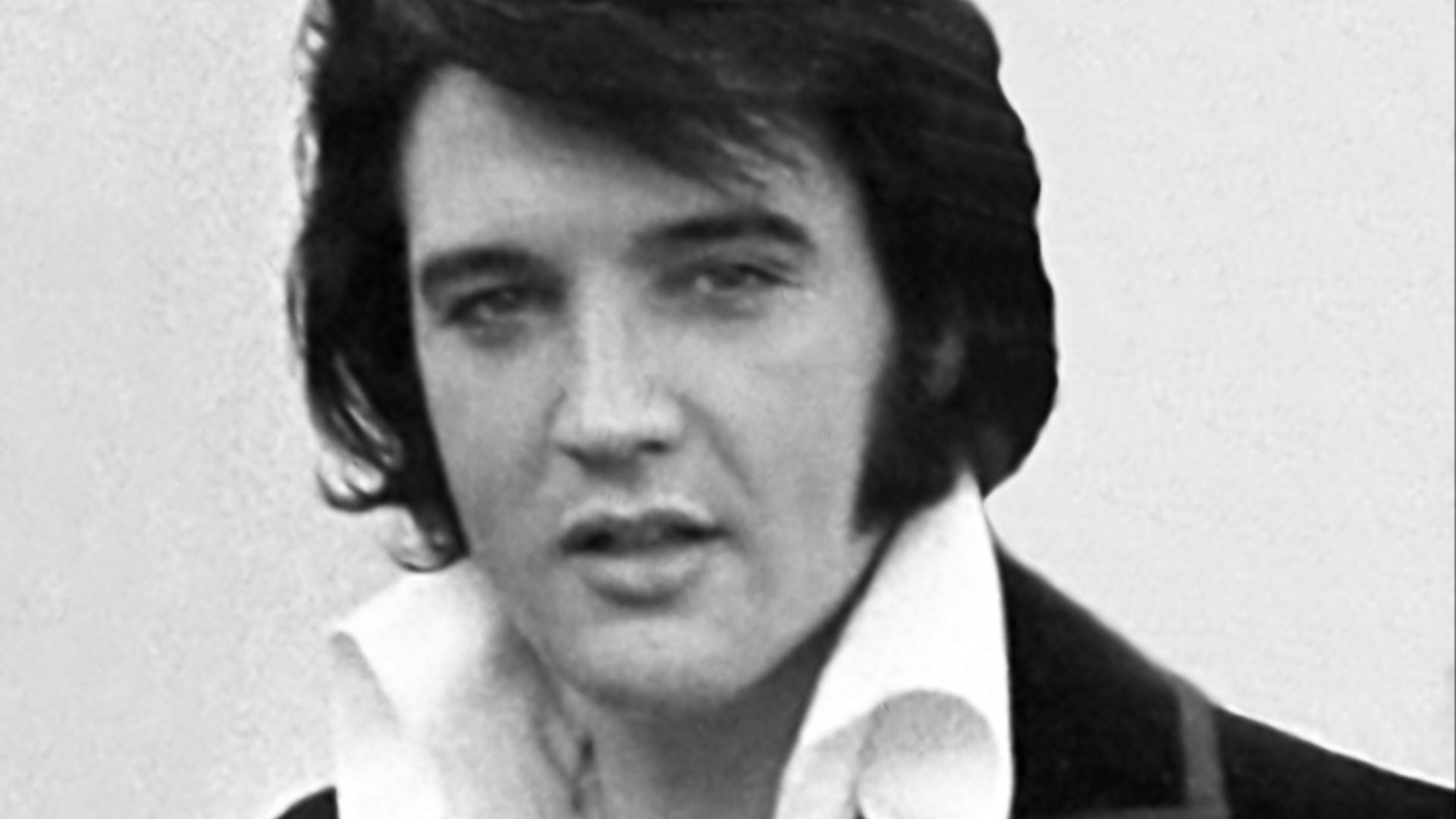 Ollie Atkins, chief White House photographer at the time. See ARC record. on Wikimedia
Ollie Atkins, chief White House photographer at the time. See ARC record. on Wikimedia
18. Soviet Union Launches the Sputnik Satellite
The Sputnik Satellite, which was the world's first artificial satellite, was launched into space by the Soviet Union on October 4, 1957. It was truly an amazing feat that surprised American citizens and professionals who had hoped to accomplish this goal first. All it did was prove that the Soviets were no joke and were a force to be reckoned with when it came to making technological advancements.
19. The Vietnam War Begins
Sadly, another major war began in the 1950s. On November 1, 1955, the tragic Vietnam War began. A story that might sound familiar, it all started with the North wanting to gain power over the South so they could turn the country into a communist one.
20. John F. Kennedy Is Elected
As the 35th president of the United States, John F. Kennedy made history by becoming the youngest man ever elected in. Of course, we all know the tragic accident that ended his life after approximately 1000 days serving the country in office.
KEEP ON READING

The 10 Youngest Monarchs In History & The 10 Oldest
Age Is Just A Number. Imagine being crowned king or…
By Chase Wexler Mar 11, 2025
Written By The Victors: 20 Names History Books Tried To…
History’s Forgotten Figures. It is said that history is written…
By Farva Ivkovic Jun 23, 2025
Writing On The Wall: 20 Fascinating Hieroglyphics Throughout History
A Language Carved To Last. Hieroglyphics are unique, ancient writings.…
By Chase Wexler May 29, 2025
Women At War: 20 Fierce, Fearless, & Famous Female Fighters
How Many Of These Women Warriors Do You Know?. History…
By Emilie Richardson-Dupuis Aug 14, 2025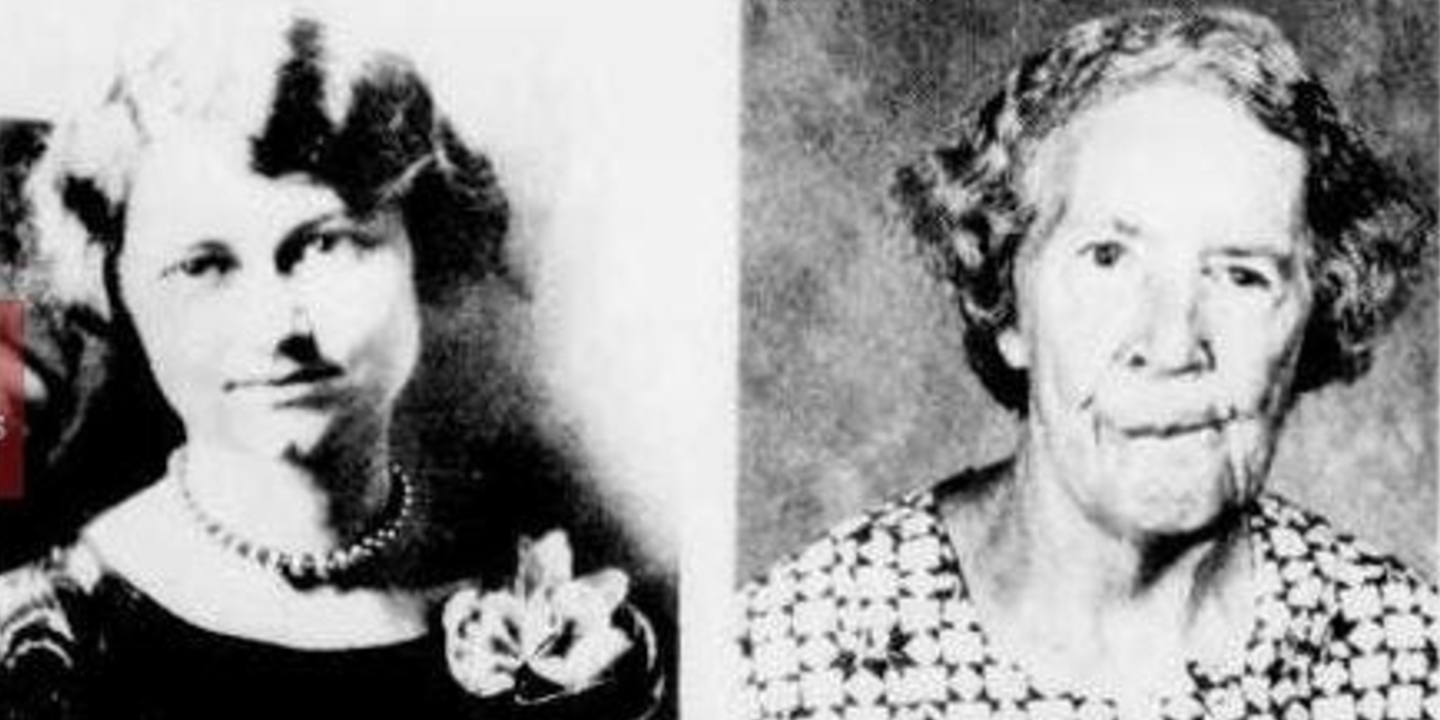
The Woman Without A Name
Mary Doefour was the woman without a name. In 1978,…
By Robbie Woods Dec 3, 2024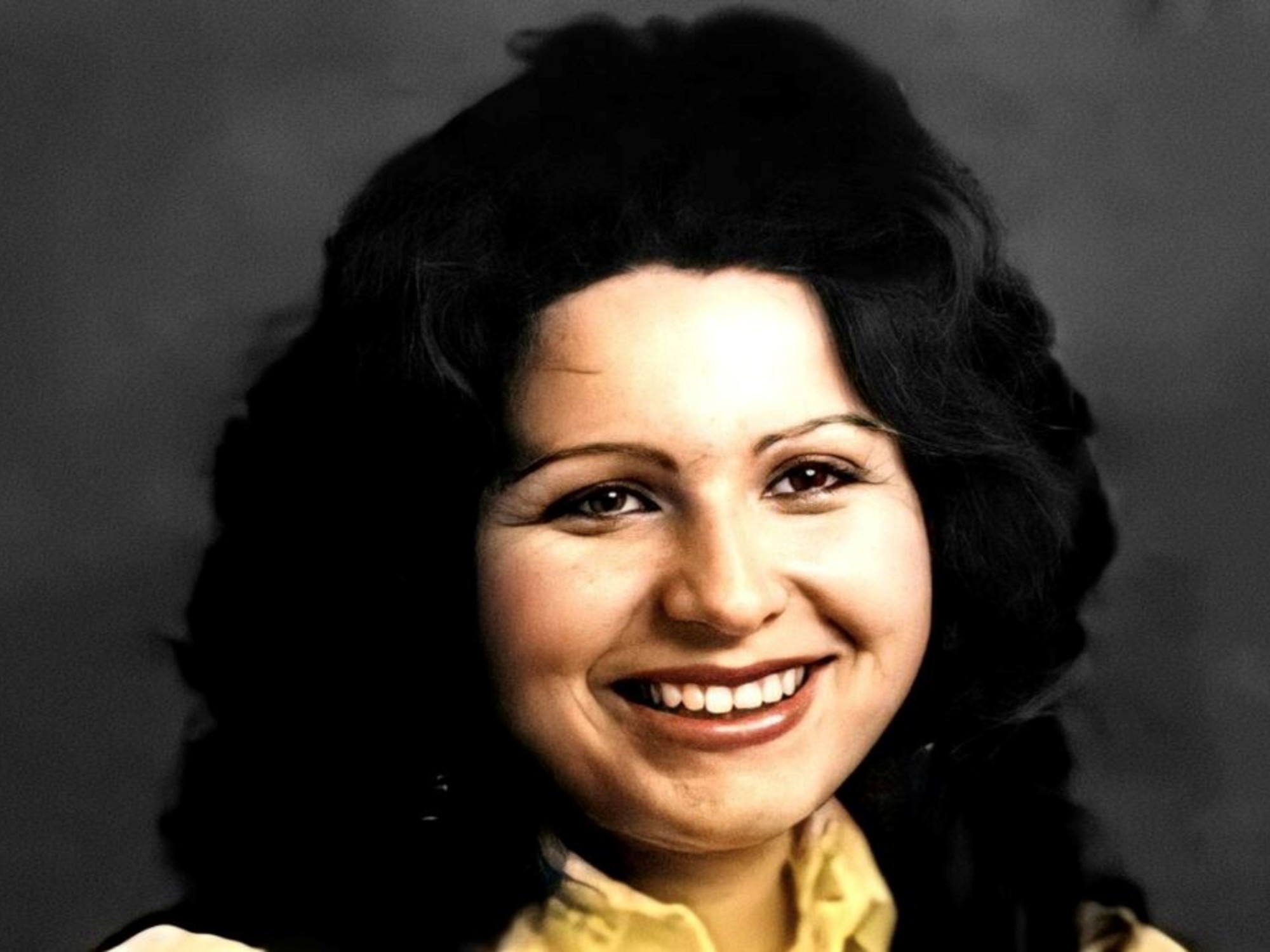
The Woman With Toxic Blood
One night in 1994, Gloria Ramirez reported to the ER.…
By Robbie Woods Jan 6, 2025

